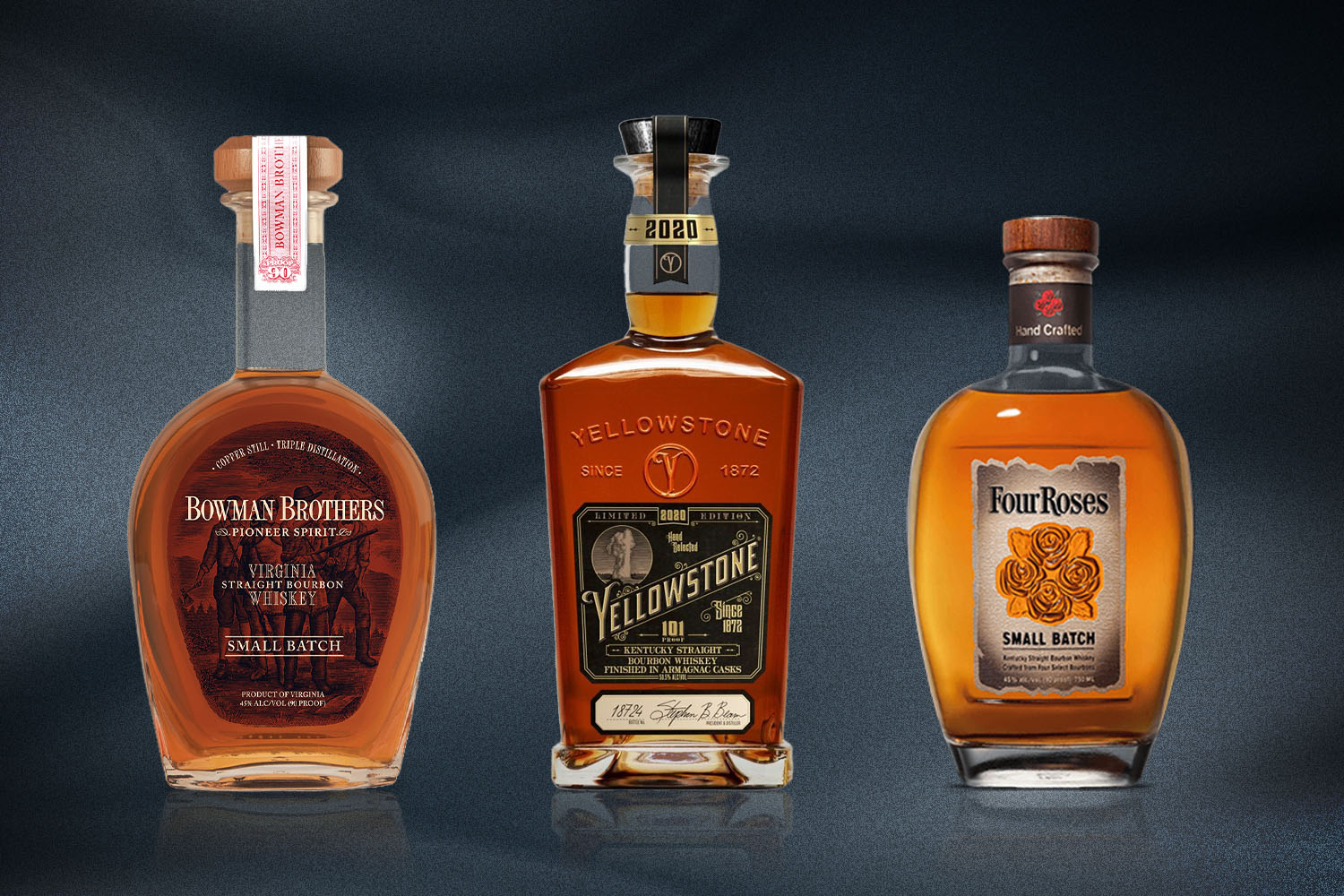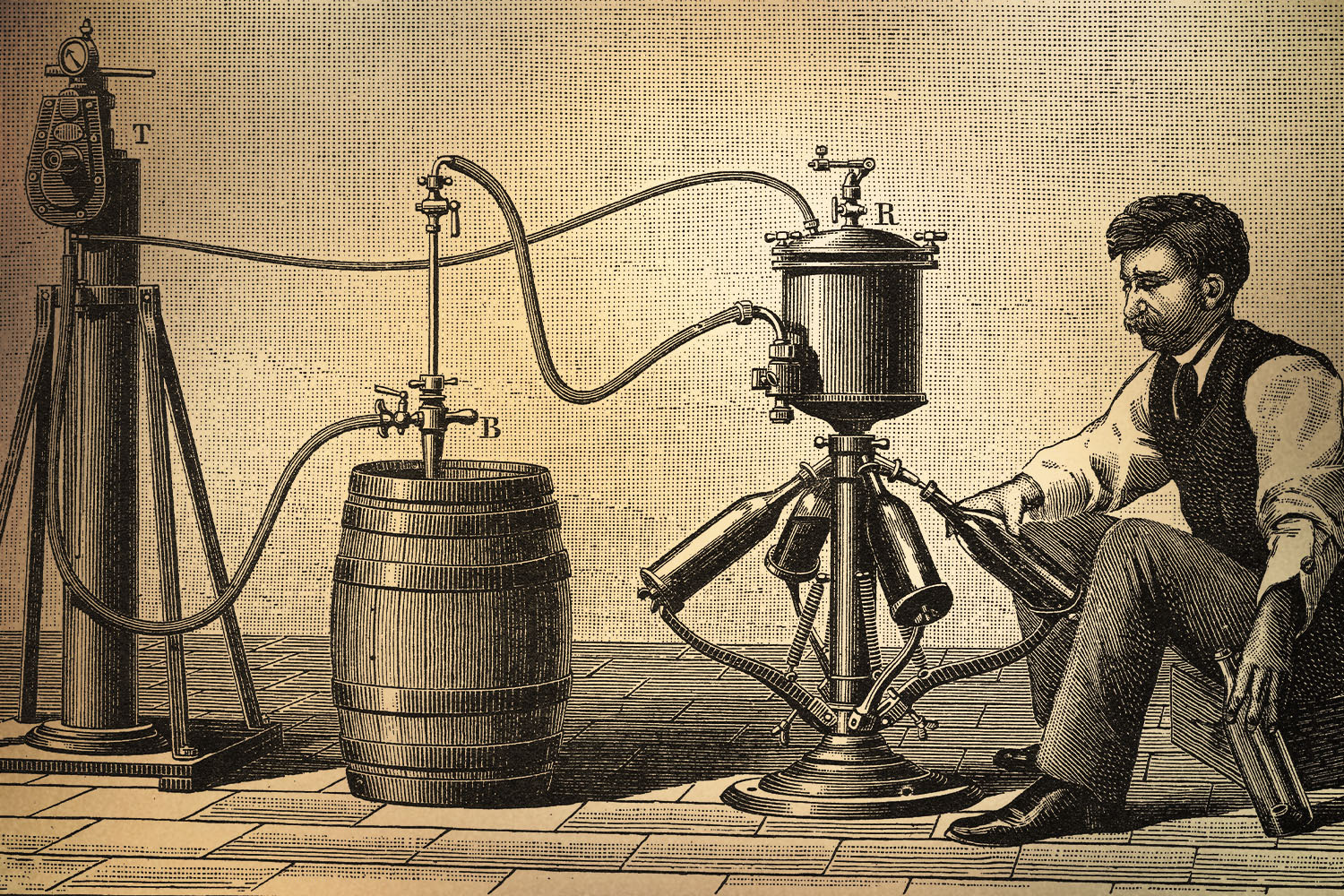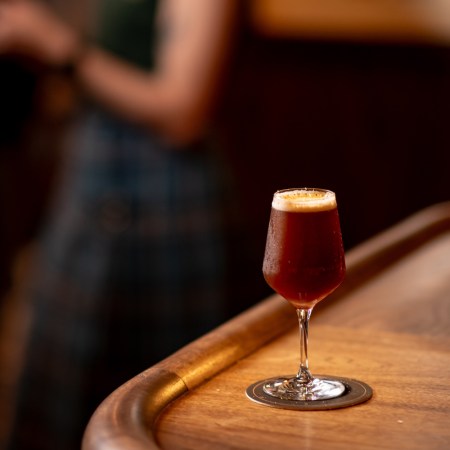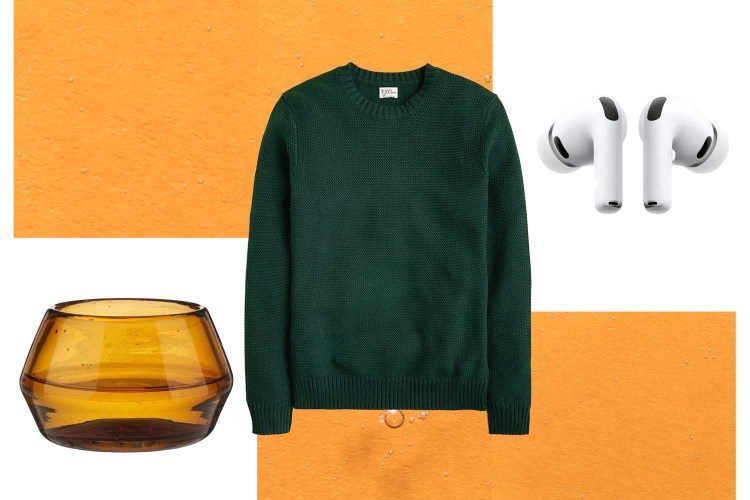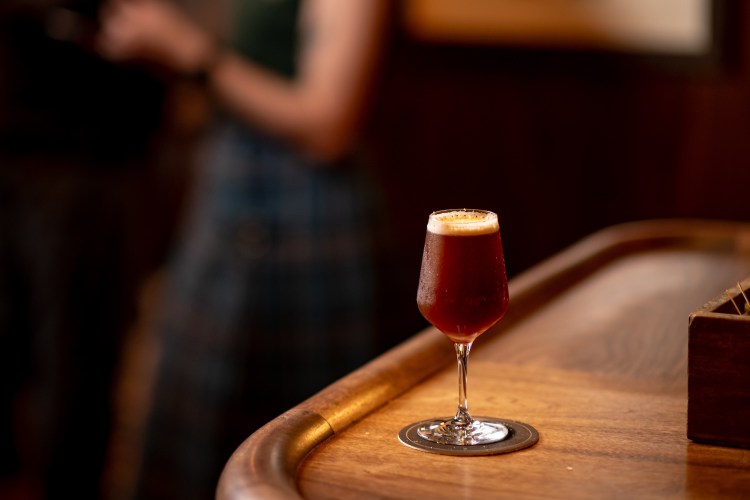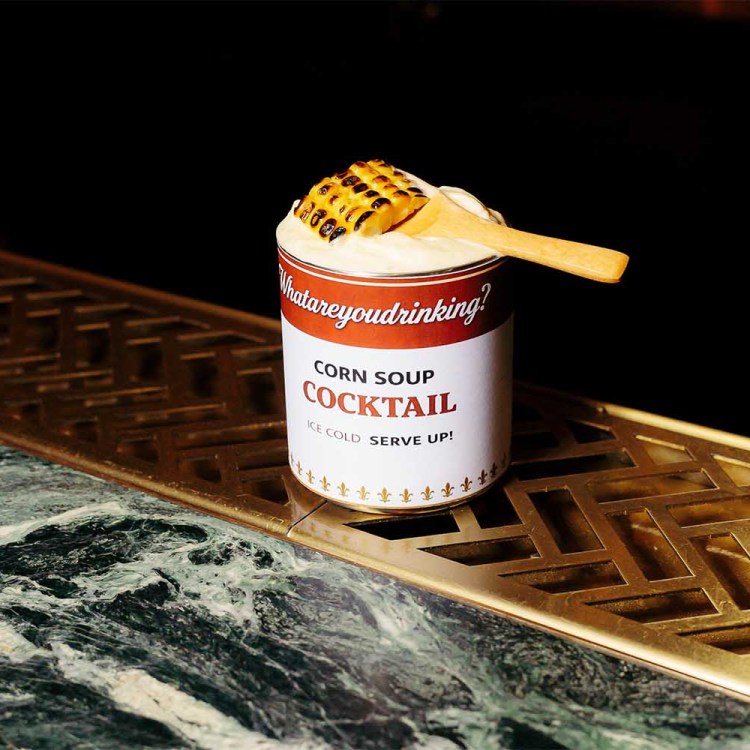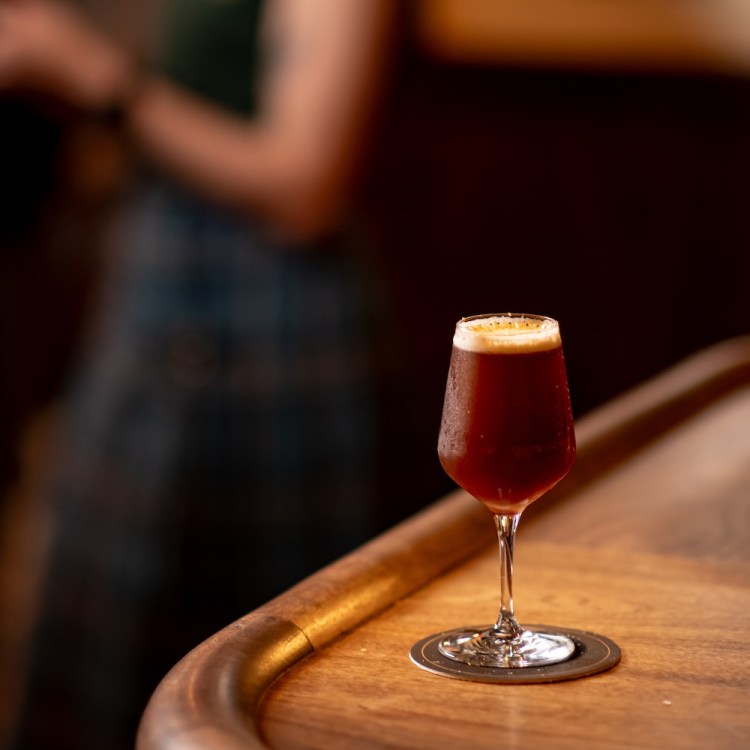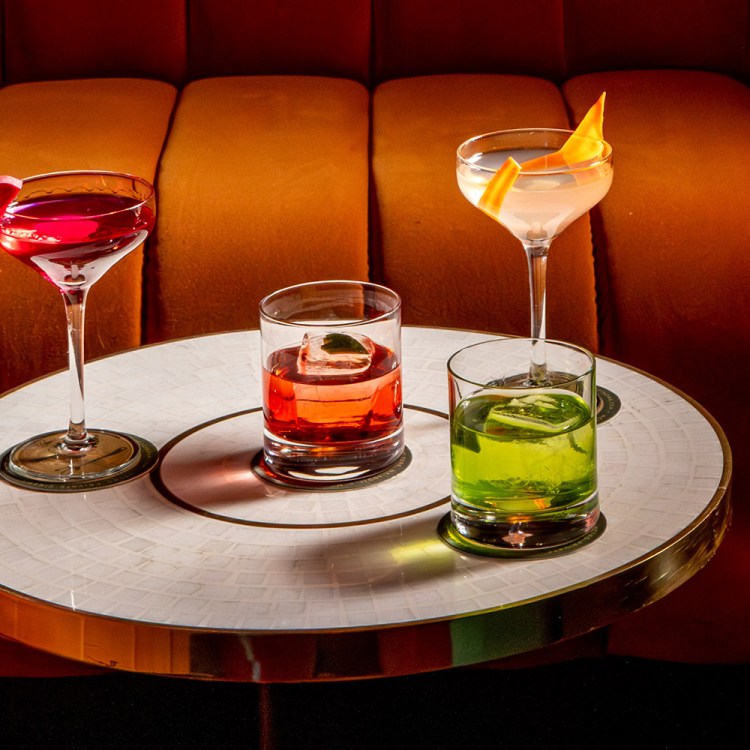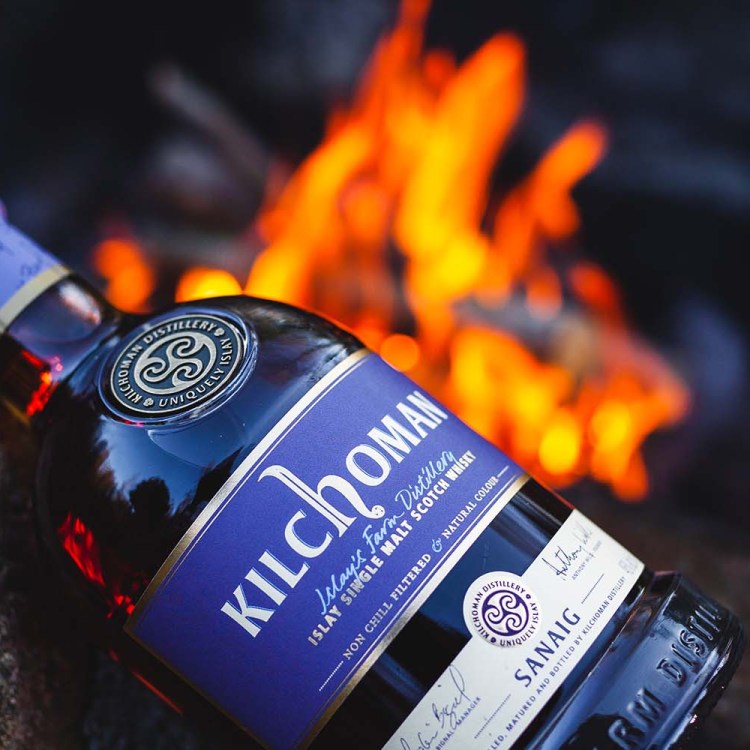Welcome to Show Me the Proof, a column where we pose big questions to the booze world and get drinks experts to argue the finer points. Today, distiller/author Aaron Hyde explains why he’s happy with using the word “smooth” to describe a spirit he likes.
There are only so many words in the English language available to describe spirits.
One word often put on trial is “smooth.” The meaning has changed — it was possibly once used to describe a spirit adulterated with sugar and other ingredients to make it more drinkable. It’s also a word that many drinking vets don’t think can stand well on its own, as it represents simply the absence of harshness or unpleasantness.
But I believe the current use of “smooth” is simply a stepping stone into the lexicon of spirits. It’s an easy word used to describe appreciation and enjoyment of good bourbon. Sure, it can get misused or even overused. But even if it isn’t as dynamic as other words, its use is widespread for a reason, and broadly purposed to describe dimensions including mouthfeel, finish and aftertaste. When used with purpose, it’s all someone might need to communicate that they appreciated that first sip.
The opposite side of the smooth coin is “harsh,” an equally important word that would likely also be tossed in the garbage along with smooth. This antonym is equally important in that it can so clearly describe a bourbon that is (by definition) “unpleasantly rough or jarring to the senses.” I’m not ready to remove harsh. As a drinker and a distiller, it can communicate quite quickly that I’m struggling with something in the spirit — it’s too strong, not aged long enough or simply not a well-made spirit.
It can take time for a new drinker to learn a broader lexicon, according to Jason Parker, President of Copperworks Distilling Co in Seattle. He describes “smooth” as a beginner’s word, the kind of word new straight spirit drinkers use as sensory training wheels. “When I hear someone describe a spirit as ‘smooth’ it tells me more about the drinker than it does about the spirit,” he says. “And there’s nothing wrong with being a neophyte spirit drinker. Every one of us was a beginning spirit drinker sometime in our life, and we’ve probably all used the term ‘smooth’ to describe a spirit we finally felt we could choke down.”
Sarah Miller, a freelance spirits writer and judge who manages www.ginadingding.com, agrees. “I think smooth probably is overused to describe spirits, but nevertheless I’d argue there is a place for it in our lexicon,” she says. “Spirits have texture and mouthfeel and, when tasted neat, may appear soft, oily, rough or chalky. For me, a smooth spirit is one that has a rounded mouthfeel and where the alcohol and flavors — whether they’re from botanicals or maturation — are well integrated and balanced. To describe a spirit as smooth alone is probably to do it a disservice, but as part of a fuller tasting note, and within context, I do believe it is both descriptive and accessible.”

As a distiller, I personally don’t shy away from the word and use it when necessary. In my recently released book How to Distill, I use the word four times:
- The “smooth flavor” of wheat in bourbon – as opposed to rye bourbons, which some would describe as “harsh” in comparison to wheated bourbons, especially when enjoyed at barrel proof.
- The “smooth, mellow profile” of aged spirits – in reference to the changes that occur to whiskey in a barrel.
- The “smooth on the palate” character from distillation improvements of gin manufacturing over a century ago – this is in reference to a quality change to the spirit and the lack of off-flavors from congeners.
- The “surprisingly smooth finish” of neutral spirit – in reference to the lack of ethanol burn when making vodka or gin base from raw wheat.
Basically, I see it as a word that has enough dexterity to help further describe something that is pleasant — more pleasant than it was, than expected or when compared to another spirit.
Sure, “smooth” can be replaced and enhanced by other words. But the communicator or audience get more understanding out of the use of “pleasant” and “unpleasant”? Agreeable, enjoyable, good? To me, these all feel a bit stuffy or bland.
As well, we still describe beer as “yeasty,” “malty” and “hoppy,” which is about as straightforward and boring as it gets; these are all just ingredients, and one is typically dominant in a beer. New drinkers and appreciators need to start somewhere, there needs to be a baseline of safe words that are accurate.
To many folks in the industry, smooth is the same. It doesn’t mean much to those that have long appreciated spirits, judge spirits or make spirits. But it’s a safe word, and it’s long been in the spirit lexicon, and it makes the drinker who is trying to compliment the beverage feel more connected to their drink. At least it tells you the drinker found their whiskey neat effortless and easy to drink. That goal isn’t always achieved by the distillery, and it isn’t always something a novice drinker, who may not have found what they like yet, is expecting.
(For critics of the world: If someone does use “smooth,” let’s simply ask for clarity or help that person along and enhance their vocabulary.)
Smooth as an adverb can be defined as “in a way that is without difficulties.” That’s how many would prefer their whiskey — including those opposed to the word, I suspect.
Every Thursday, our resident experts see to it that you’re up to date on the latest from the world of drinks. Trend reports, bottle reviews, cocktail recipes and more. Sign up for THE SPILL now.



